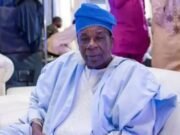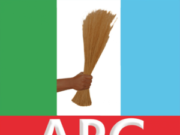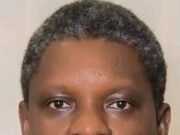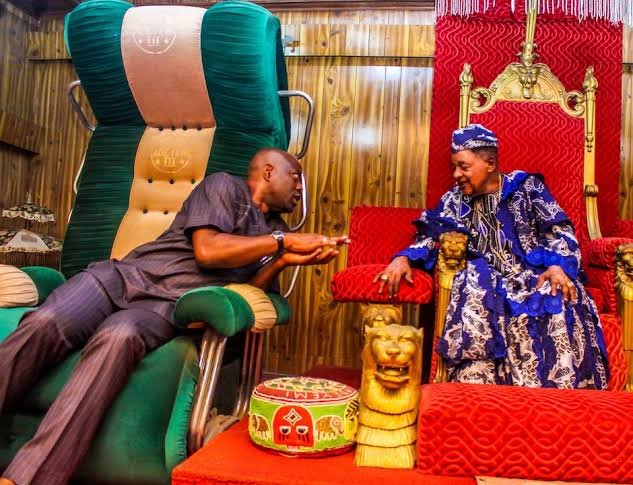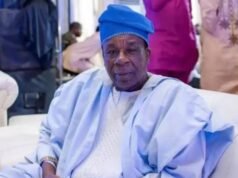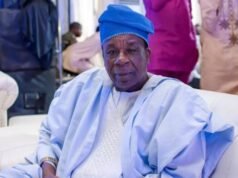The entire Alaafin of Oyo ruling family has faulted the proposed amendment of the Chiefs Law of Oyo State.
The ruling family made its position known in a memorandum it presented at the public hearing by the Oyo State House of Assembly on the proposed amendment.
The family also cautioned the State House of Assembly against passing the proposed amendment into law in its current form.
The memorandum, which was read by the Bashorun of Oyo, High Chief Yusuf Ayoola, at public hearing, on Thursday, was jointly signed by all the Oyo royal title holders (Oloye Omooba), led by the Babayaji, Prince Mukaila Afonja.
Others include, Onasokun of Oyo, Olusami of Oyo, AroleOba of Oyo and Agunpopo of Oyo.
The amendment seeks to empower the governor of Oyo State to elevate some chiefs and traditional rulers to bead-wearing obas without further recourse to the council of obas and chiefs. Hitherto, only the council is empowered to deliberate on and recommend the promotion of chiefs, but its decision subject to the approval of the governor.
The amendment is perceived in many quarters as being targeted primarily at whittling the down the influence of the Alaafin and the Soun of Ogbomoso by transferring their consenting authority over many chieftaincies in the state to the governor.
The titled princes, who have the traditional mandate to protect the Alaafin throne pending the appointment of a new monarch, objected to “the abrogation of the powers of the Counci of Obas and Chiefs on all matters relating to chieftaincies in Oyo State,” noting that it would be better for the governor to dissolve the Council than subjecting it to public ridicule and rendering it “toothless and irrelevant”.
Titled, ‘Memorandum on Chiefs Amendment Law 2023, Section 28′, the memo described government’s attempt “to clip the wings of the State Council of Obas and Chiefs as a dangerous trend that will bastardize the age long traditional and customary administrative system that had sustained our civilization and heritage at the grassroots level of governance”.
The memorandum further noted that the passage of the proposed Amendment will turn Traditional Rulers “into puns in the hands of Politicians, thereby enthroning a new era of nepotism, favouritism, and influence peddling,” adding that “conferment of beaded crowns may thereby be turned into trophies for political servitude and awards to the highest bidders or the best connected”.
Describing the proposed amendment as “dictatorial and usurpative,” the Princes faulted the government’s justification for law, which is “to regulate chieftaincies in line with the dictates of modern society”, while noting that “even in Great Britaln, it is public knowledge that the Prime Minister does not Interfere (both in Ancient and Modern Times) and up to this week, in the selection process and the coronation of the Queen and the King”.
The memorandum further reads, “The Law ’empowers the Governor to SPECIFY, that is, to name or state explicitly or in detalls, the chieftaincy holders and those entitled to wear beaded crowns.’
Our understanding of this clause of the Law is that the Governor is the nominator, the specifier, the approving officer and the donor of the beaded crown to whomsoever His Excellency decides to favour. Royal Fathers in Yorubs land are fathers of all their subjects including those in governance. But by this new Law, ‘the tail will be wagging the dog’.
“This innovation and modernity is strange to our custom and culture, since most recognized chieftaincies provide for the following steps: family nomination; kingmakers recommendation, which also includes community acceptance and support; and govemment scrutiny, approval and pronuncement
“And in the sensitive matter of Beaded Crown, the traditional system calls for: aormal request or application; production of ample support to justify the request, including details and developmental evidences as was the case when the Alaafin of Oyo presented the cases of the Aseyin, Olubadan and Soun to the Council of Obas and Chiefs, and several others also so well presented and approved by their peers; and subjection of the recommendations to the State Govemment for Final approval and implementation.”
According to them, “this new Law seeks to throw away the cherished Neat, Democratic, Unique and Popular system and to replace it with a dictatorial, manipulative, secretive, and anti-tradition system, which can only weaken the public interest and respect for our beaded crowns and the wearers of the selectively donated crowns and coronets. The emergence of handpicked monarchs without historical roots, history of heritage of kingship will also make mockery of our once respected and time honoured monarchical system.”
They, therefore, pleaded with the House of Assembly and the Governor “to avoid giving room to the popular suspicion of seeking to donate compensatory crowns and chieftaincy titles to some well-known title holders who recently lost their well-publicized crowns to the ascension of a prominent traditional ruler.”
They also appealed to the House of Assembly and the Governor “not to create strange and alien chieftaincies that may tend to polarize rather than unite our peaceful Communities”.
In conclusion, the Oyo Princes suggested that instead of going ahead with amendment in defiance of widespread outcry, the government should consider reconstituting the Council of Obas and Chiefs and ensure its adequate functioning.
They further advised the government to appoint a committee of Traditional Rulers to review the Chieftaincy Law in order to give it the required ‘modern’ face and colour and also empower the Council to deal expeditiously with any urgent or outstanding issues of crowns and coronets to remove the anxiety and concerns of some of our Communities.
Finally, they urged the government to “leave the Kings and Chiefs to perform their statutory duties in accordance with the traditions and customs of each of our Cities and Communities as approved by the Chiefs Law”.


